Posted on 1/31/2023
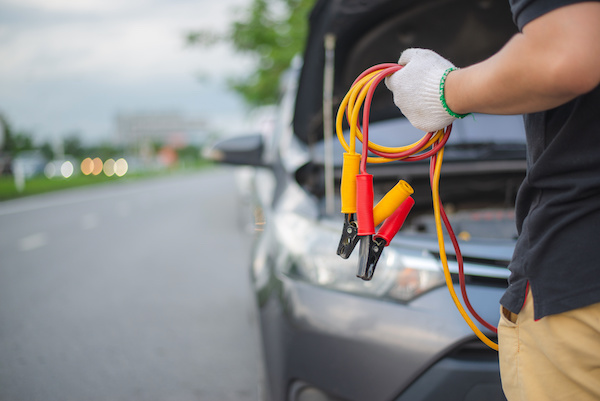
If your car battery is dead, you might think of just jump-starting it. Everyone knows how to do it, right? Well, not really, because it isn't as simple as it looks. There are several steps that we will share down below. Be sure to read and follow them carefully. What Does Jump-Starting Mean? Let's start with what it means. When you jump-start your car, you give it power from another vehicle's battery by using wires. Most of the time, this is done when your vehicle doesn't start or needs extra electricity. Steps For The Process We advise you to call a repair shop and have them do it instead-but if you are stranded or in a hurry, these are the steps you should follow: Park both cars next to each other and turn them off. Provide access to the batteries. Find the negative and positive terminals. Take out the set of wires - one is red and the other black. Connect the red clamp to the positive on the faulty battery Then connect the other red clamp on the positi ... read more
Posted on 12/30/2022
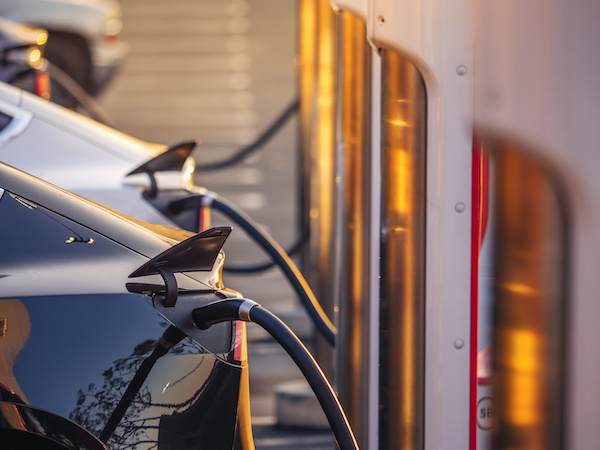
Are you thinking of buying a car? Don't know whether to buy a gas(-)powered or electric car? There are some aspects that you should consider before making your decision. These are the environment, speed, driving range, and cost. Next, I will explain the pros and cons of gasoline and electric cars. Gasoline Cars Pros and Cons of Speed (+) They have a higher maximum speed than electric cars. (-) Some power is lost to the power train, and when that occurs, less torque is given. Pros and Cons of Cost (+) They come with a lower price tag than electric (-) More is spent on maintenance like oil and transmission fluid changes. Pros and Cons of Miles (+) With a full tank, they can go 250 to 300 miles. In addition, filling the tank does not take long. and you can find gas stations in many places. (-) You have to drive to the gas station to refill, and you cannot recharge it at home. Pros and Cons of the Environment ( ... read more
Posted on 11/30/2022
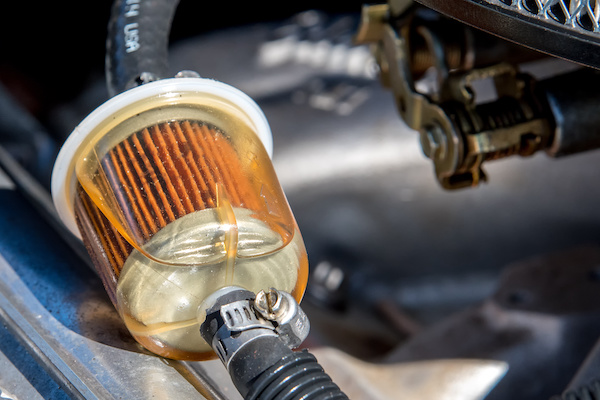
The fuel system comprises many parts including fuel injectors, fuel pump, fuel filter, and more. These parts work together to deliver clean fuel to the engine at the right time and in the right amounts. If your vehicle is experiencing issues with this process, you will need to rely on a trustworthy auto repair shop to perform your fuel system repairs. At Portland Automotive Inc, we perform top-of-the-line fuel system services. Here are some of the most common repairs done at our auto service shop: Fuel Injection Service Fuel injectors are devices that spray fuel or gas in the combustion chamber. They can become leaky or clogged over time. When your engine gets too much or too little fuel, it can cause significant performance issues. Therefore, you need to have these cleaned or replaced to restore engine performance. Fuel Pump Repair If you catch random noises from your vehicle’s rear end, close to the fill-up area, you may be looking at a fuel pump repair. The pump is ... read more
Posted on 10/31/2022
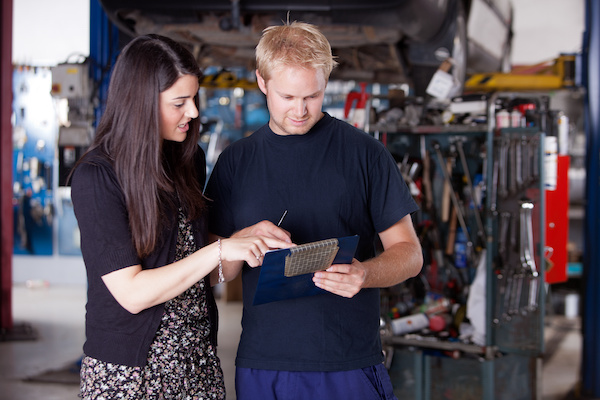
If you are looking for a new ride, a pre-used car may be a good option, especially if you are on a tight budget. A pre-owned car can save you over $5000 in purchase costs because new cars depreciate by 20% the moment they hit the road. But before buying the pre-owned car, you need to conduct a professional inspection to ensure it's in good condition. Conduct A Pre-Purchase Inspection It's important to take the used car to an independent auto repair shop for a pre-purchase inspection before buying it. A qualified specialist mechanic does a pre-purchase inspection. The inspection involves the mechanic conducting a test drive on varied landscapes to identify suspension problems and engine performance issues. The independent inspector will prepare an inspection report highlighting all the major issues and recommend whether it's a good idea to buy the car. If the mechanic identifies parts that need replacement, you can go back to the dealer and negotiate a lower price to acco ... read more
Posted on 9/28/2022
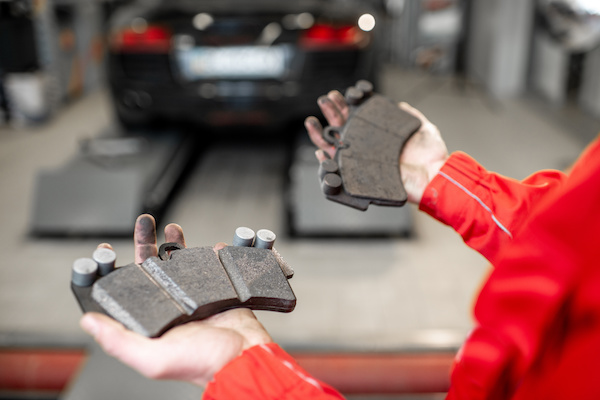
A vehicle's brakes are among its most essential components. You must inspect the effectiveness of your brakes to ensure your safety and the safety of others on the road. On average, brake pads require replacement every 50,000 miles. Some will need to be replaced after 25,000 miles, while others may endure for 70,000 miles. Factors affecting the brake pad's durability Driving habits: Brake pads' lifespan is significantly influenced by how hard a driver presses the brake pedal. Environment: Driving in the city puts more strain on the brakes than driving in the country or on long, straight highways since there are more stop-and-go traffic and traffic lights. Brake pad hardness: Vehicle brake pads come in various compositions to meet multiple driving requirements. Most high-performance cars have hard compound brake pads, which are more durable but take longer to warm up before they work properly. Materials: Brake durability depends on the rotor and pad materials. Carbon-ce ... read more